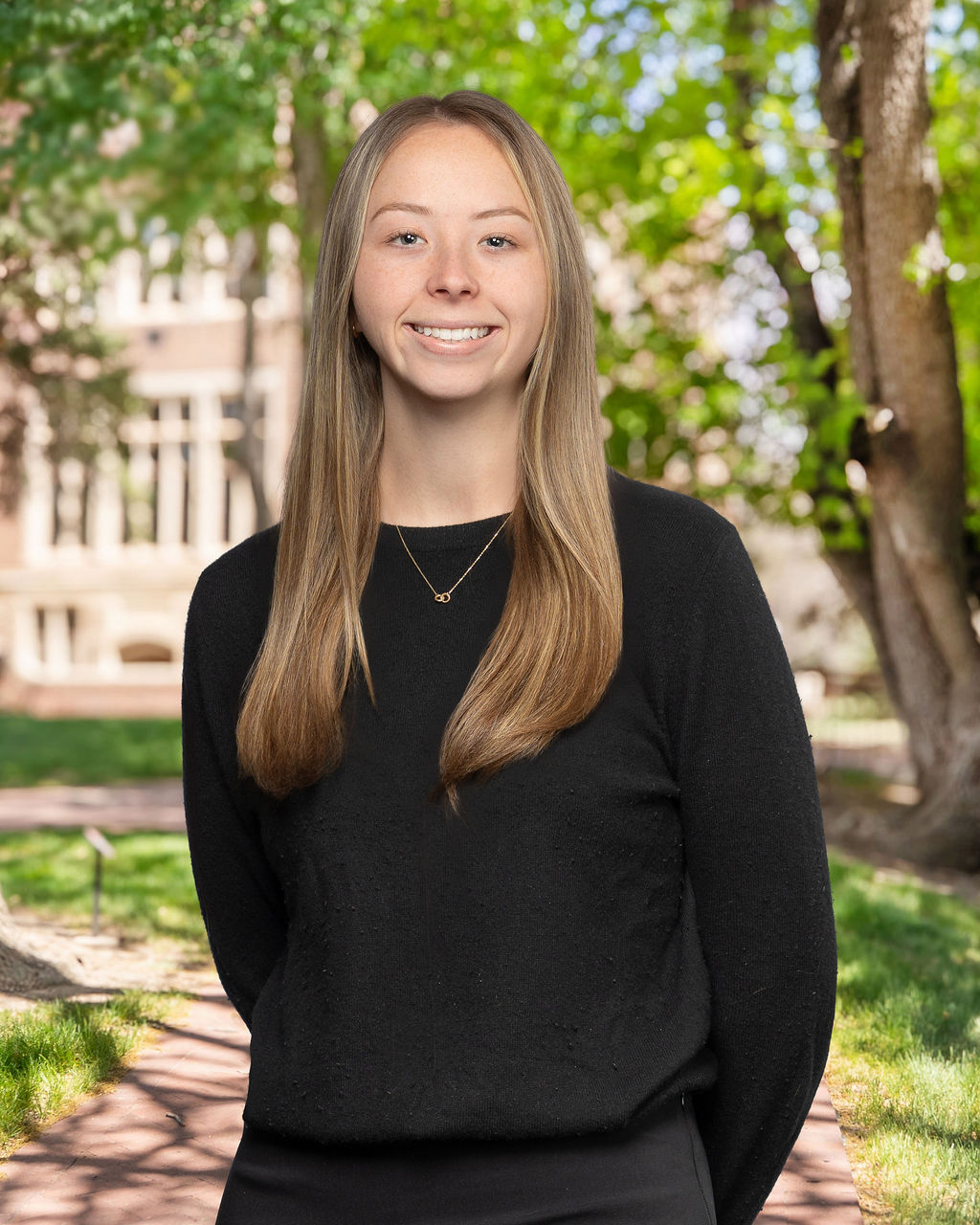There's still time to apply! Accepting applications for Fall 2026 with scholarship support available. Apply now!
Menu
Menu
There's still time to apply! Accepting applications for Fall 2026 with scholarship support available. Apply now!
Many communities around the world have been left behind — as evidenced by disparities in per capita earnings, health and life expectancy, political and human rights, personal security, and other measures of the human condition. This program emphasizes economic growth that is both environmentally sound and socially inclusive.
You'll build a holistic understanding of how economic, social, political, environmental, and historical factors determine the quality of life for less-advantaged countries and communities around the world. And you’ll acquire valuable practical skills in communication, financial analysis, project management, and program design.
Whether you aim to work in developing countries, international organizations, government agencies, or nonprofits, you'll gain the knowledge and tools needed to positively impact lives worldwide.
Shape tomorrow from a vibrant academic community full of opportunities — in one of the most beautiful places in the world.
Career Outcomes
Flexible Curriculum
Experiential Learning
Denver Lifestyle
97% of Korbel graduates are employed, continuing their education, or volunteering/engaging in service within 12 months of graduation.
Korbel Graduate Employment Data
You’ll find them working in government, multilateral and bilateral development agencies, NGOs, and the private sector. They become development analysts, program coordinators, policy advisors, sustainability consultants, and community development specialists.
Arrive with a plan, or let your curiosity guide you. Our flexible programs give you the freedom to explore new fields, change directions as your interests evolve, or hone in on a specialized track.
Start with 16 credits of required coursework, designed to ground you in your discipline.
Core courses
Skills courses
Use your remaining 32 credits to customize your specialization, pursue a certificate, or take courses abroad based on your interests and goals.
Certificates
Download our degree information sheet below for a comprehensive look at the full program requirements.
Hands-on experience is essential to your success. You’ll find an abundance of opportunities to develop your professional skills and explore career paths.
Build experience across city, state, and national government agencies, international organizations, global NGOs, and the private sector. With guidance from our career coaches, you’ll land positions that align with your skills and interests.
Join one of our simulations for a taste of on-the-ground realities in an interactive environment. From negotiating international conflicts to managing humanitarian crises, these engaging scenarios are a highlight for Korbel students.
Korbel students have the opportunity to study in vibrant cities like Rio de Janeiro, Geneva, Vienna, and Washington, D.C. These experiences offer rich firsthand experience and insights, all at no additional tuition cost.
At Korbel, research directly contributes to real-world impact. Many students engage in applied research at our Pardee Institute for International Futures, serving clients like the US government, the United Nations, and the Africa Union.
Balance your graduate work with an active outdoor lifestyle in the Mile-High City. Take advantage of a vibrant art, music, and food scene — while enjoying Colorado’s 300 days of sunshine each year.
ADP, 2024
WalletHub, December 2024
Rolling Stone, April 2023
WalletHub, April 2024
ID welcomes applicants from any background with an interest in international studies, political science, economics, sociology, anthropology, public policy, and related fields. Experience in NGOs, development organizations, volunteering, or community-based work strengthens an application but is not required.
The program focuses on a holistic understanding of global poverty reduction, inclusive economic growth, humanitarian response, governance reform, project design, monitoring and evaluation (M&E), and sustainable development strategies. Students learn both analytical and applied skills widely used in development practice.
International Development at Korbel emphasizes practical skills — statistics, program design, data analysis, and field methods — alongside core theory. Many courses are project-based and simulate real-world development work.
Graduates frequently work with international NGOs, USAID contractors, UN agencies, development consultancies, foundations, and government agencies. Common roles include program manager, survey researchers, development analyst, sustainability officer, urban and regional planners, humanitarian response specialist, resource specialists, and more.
No, but it is highly encouraged. Many students complete internships domestically or abroad. Korbel’s career office helps students identify placements in development organizations, consulting firms, or humanitarian agencies.
Students can choose to complete an optional thesis or substantial research paper. Faculty advisors guide students in selecting the best option based on career goals.
The program integrates hands-on development practice with policy-oriented training, supported by faculty who bring experience from USAID, UN agencies, and major NGOs. Students also benefit from Korbel’s research centers focused on humanitarian policy, development economics, and global governance.
Yes. International applicants are encouraged to apply and receive assistance with CPT/OPT, job search support, and guidance navigating environmental policy careers in U.S. and global markets.

Lahra Ahearn
Graduate Enrollment Manager
Use this form to reach out to me directly! You can also find me at any one of our admissions events or on the road.
Loading...
Copyright ©2026 University of Denver | All rights reserved | The University of Denver is an equal opportunity institution